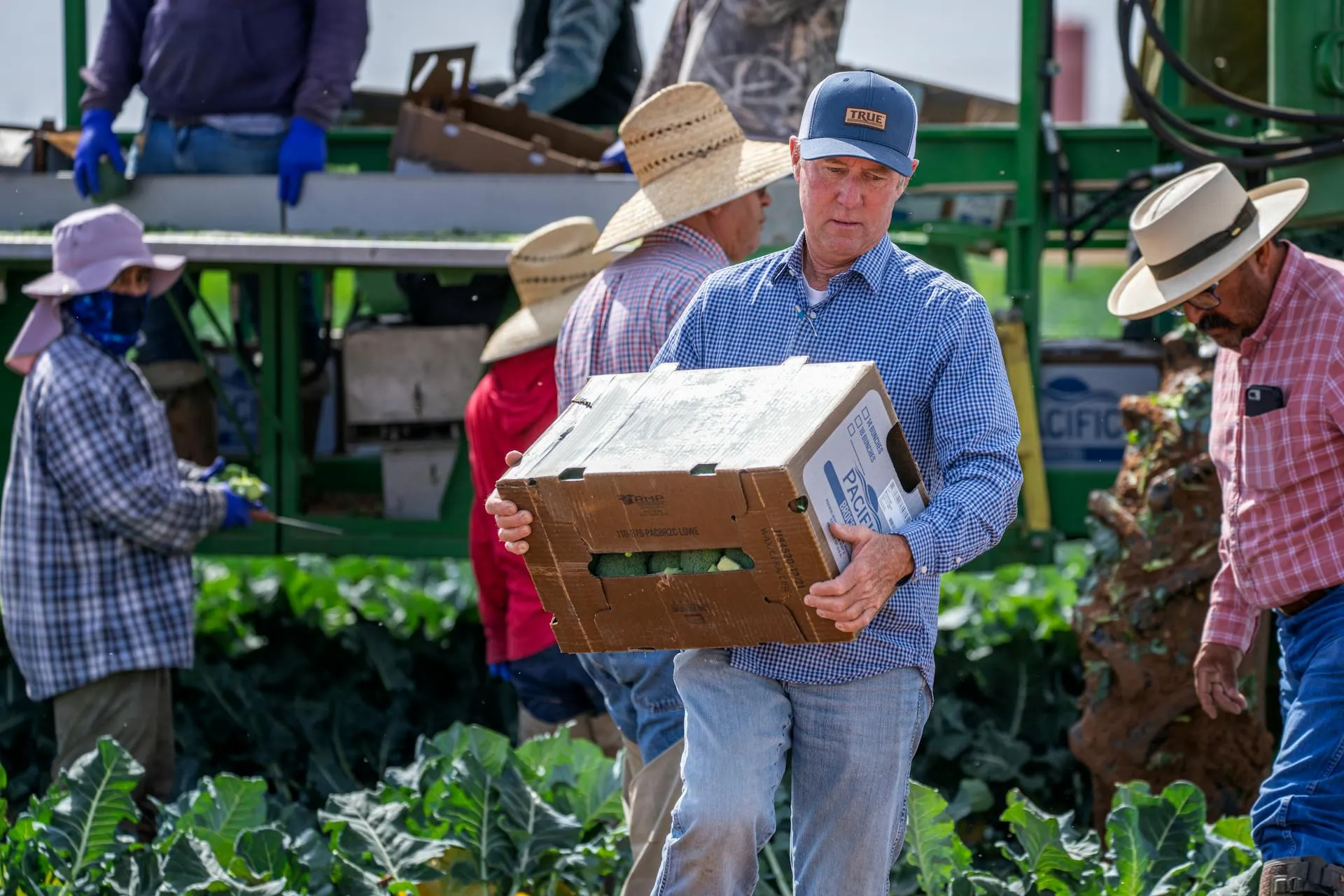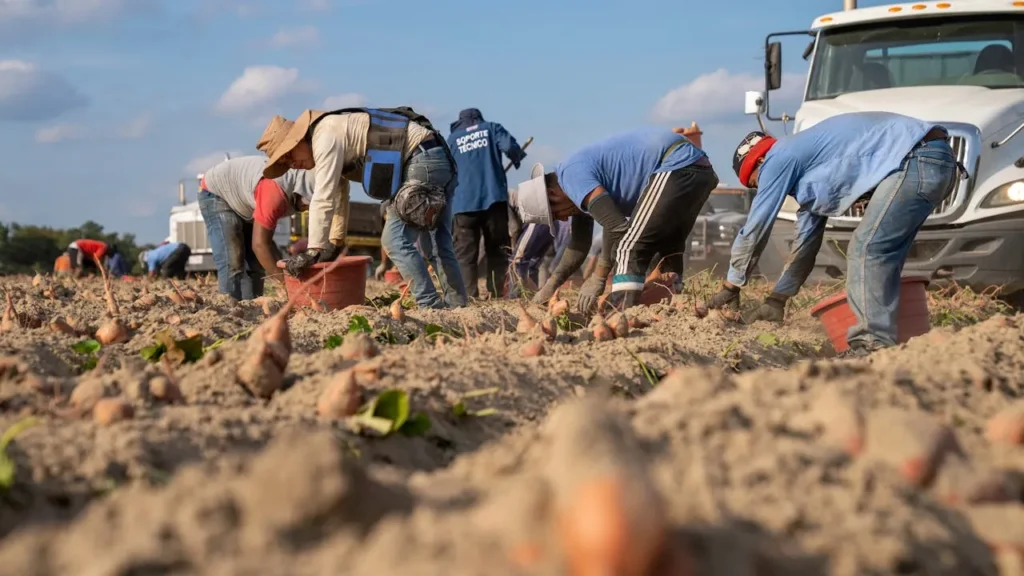
Dole (NYSE: DOLE), Agricultural Workers a global leader in fresh fruits and a pioneer in socially responsible agricultural practices, announced today the signing of new public-private agreements aimed at advancing its innovative Information and Wellbeing Centers (IWCs) initiative. This workplace-based program, first launched by Dole in 2020, has been recognized for its transformative impact on rural agricultural communities in Costa Rica, delivering critical public and private services directly at the workplace to improve the overall quality of life for farmworkers.
The announcement took place at a dedicated forum titled “Information and Wellbeing Centers: Public-Private Partnerships that Improve Lives,” hosted by Dole Fresh Fruit. This milestone event highlighted the importance of collaborative efforts between government institutions and private enterprises to foster social inclusion and equitable access to essential services in rural areas. During the forum, Dole formalized new agreements through memorandums of understanding (MOUs) with two influential Costa Rican institutions—Caja Costarricense de Seguro Social (CCSS) and Banco Popular—reinforcing the company’s commitment to sustainable development and social equity.
The Origin and Impact of Dole’s Information and Wellbeing Centers
The IWCs model represents a groundbreaking approach to delivering healthcare, social security, education, and financial services to agricultural workers, many of whom face significant challenges in accessing such resources due to geographic isolation, economic constraints, and time limitations. By embedding these vital services directly within the workplace environment, IWCs effectively dismantle traditional barriers that have long hindered rural populations.
Since their inception, IWCs have provided tangible benefits to more than 3,300 workers employed across four of Dole’s pineapple farms in Costa Rica—Santa Fe, El Bosque, La Virgen, and Muelle. This success has been made possible through robust partnerships with 38 public and private sector entities, illustrating the power of cross-sector collaboration.
The centers offer a comprehensive suite of services tailored to meet the unique needs of agricultural workers, including preventive health checkups, social security enrollment assistance, educational programs, financial literacy workshops, and access to banking services. These interventions not only improve immediate wellbeing but also lay the foundation for long-term socioeconomic advancement within these communities.
Deepening Engagement with Key National Institutions
The new agreements signed with CCSS and Banco Popular mark a pivotal expansion of the IWC network, underscoring the vital role of these institutions in Costa Rica’s social infrastructure.

- Caja Costarricense de Seguro Social (CCSS): As the cornerstone of Costa Rica’s universal healthcare and social insurance system, CCSS ensures medical care and social protection services reach all citizens. By partnering more closely with Dole’s IWCs, CCSS commits to bringing its extensive healthcare resources directly to rural workplaces, thereby extending the reach of national health services into underserved communities.
- Banco Popular: This state-owned financial institution is renowned for its social mission focused on financial inclusion, supporting working populations and small grassroots enterprises across Costa Rica. The bank’s deeper involvement in the IWC network will facilitate greater access to financial products such as savings accounts, loans, and insurance, empowering workers economically and fostering community development.
Both institutions have pledged to intensify their participation and investment in the IWCs, advancing a shared vision of equitable service access and sustainable social progress.
Public-Private Partnerships as Catalysts for Inclusion and Wellbeing
Rudy Amador, Regional Vice President of Social Responsibility, Sustainability, and Communications at Dole Fresh Fruit, highlighted the significance of these partnerships during the event. “This is a concrete example of how public-private partnerships can close gaps and generate real well-being,” Amador remarked. “Inter-institutional coordination has been key to making the Information and Wellbeing Centers a powerful driver of inclusion, delivering measurable benefits that ripple throughout the community.”
The forum brought together a broad spectrum of stakeholders—including national government representatives, private sector executives, and leaders from international organizations—to evaluate the success and future potential of the IWC model. Participants discussed how similar collaborative frameworks could be scaled to other regions facing comparable social challenges.
One highlight was a case study presented by the Aliarse Foundation, a Costa Rican NGO specializing in fostering cross-sector partnerships. The foundation’s analysis underscored how IWCs exemplify an effective strategy for leveraging the strengths of diverse sectors to promote social equity and economic resilience.
Recognition and Measurable Success
The innovative approach and impactful results of the IWC program have earned widespread recognition. In 2022, the initiative received the prestigious Grand Prize for Social Responsibility in Action from the Costa Rican-American Chamber of Commerce (AMCHAM). This award celebrated the program’s creativity, inclusivity, and demonstrable positive outcomes on workers’ lives.
Since its launch, the IWC program has directly benefited nearly 15,000 individuals. With plans for continued expansion, Dole envisions the model as a replicable blueprint for sustainable rural development, inspiring other companies and institutions to adopt similar frameworks.
A Vision for a More Just and Connected Society
The forum concluded with a powerful collective call to action, emphasizing that when the public sector, private enterprises, and civil society collaborate with shared intent, the resulting partnerships create a society that is more just, connected, and equitable. Essential services such as healthcare, education, and financial support should not be viewed as privileges but as fundamental rights accessible to all, regardless of location or socioeconomic status.
This vision is precisely what Dole’s IWCs strive to realize—a future where agricultural workers in rural Costa Rica can thrive both personally and professionally, supported by a network of integrated services that improve their health, financial security, and social inclusion.




